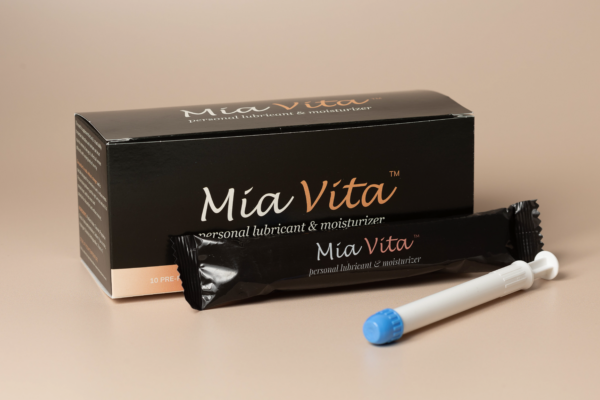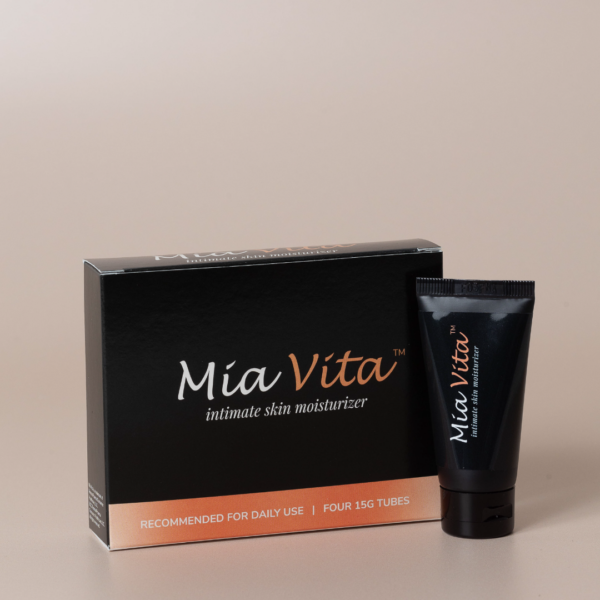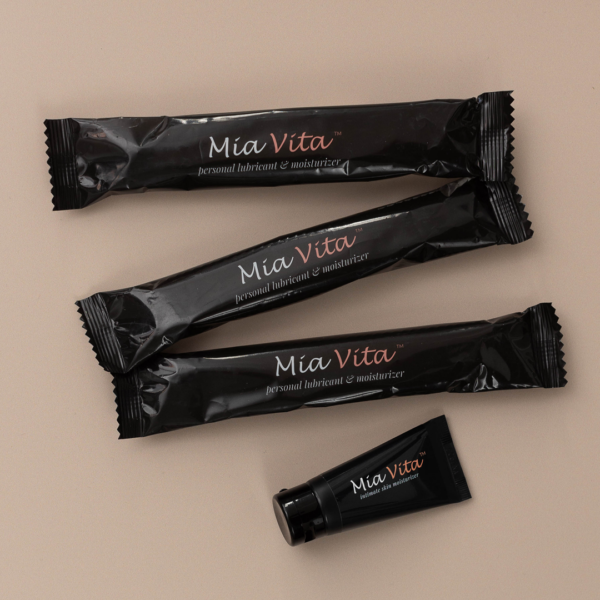
More people today are delaying starting a family. A result? It’s becoming increasingly common for women to give birth past age 35, which healthcare professionals define as a “geriatric” pregnancy or advanced maternal age. Though an outdated term that can carry negative connotations, giving birth past your mid-30s does bring additional risks to mother and baby. Explore what contributes to a geriatric pregnancy, the risks you need to know about, and the types of screenings and care available.
What is a “geriatric” pregnancy?
First off, most healthcare providers are moving away from the term geriatric pregnancy in favor of advanced maternal age (AMA). An advanced maternal age refers to any pregnancy where the woman is over the (still quite young) age of 35. Researchers admit it’s a bit of an arbitrary age as there’s no sudden decline in fertility at that exact moment. Months to a few years afterward, however, women do experience a faster drop in fertility. Advanced maternal age also refers to the age at which pregnancy complications are more likely to ensue, such as infertility, gestational diabetes, and chromosomal abnormalities like Down Syndrome.
However, researchers are starting to recommend new determinations of advanced maternal age that separate women via age ranges, such as 35–39 years, 40–44 years, 45–49 years, and 50 years and older, to better identify specific pregnancy risks that can develop between those years. Others still advocate for doing away with terms that emphasize age altogether, citing that pregnancy care should be individualized for each woman, not based on a somewhat arbitrary age.
Where did the term geriatric pregnancy and advanced maternal age come from?
Healthcare professionals began using advanced maternal age and its counterpart, geriatric pregnancy, in the 1970s and 1980s when more women began starting families later to focus on their careers. And it’s a trend that continues to rise year over year.
For instance, according to recent research, “the mean age of women having their first birth in 2020 was 27.1 years compared with 21.4 years in 1970.”1 The percentage of women giving birth over the age of 35 also continues to rise, from 8% in 1990 to 18% in 2018. Top reasons given for the wait? Career advancement, the cost of childcare (and raising a child), and economic uncertainty.
What risks accompany advanced maternal age?
Women are born with the exact number of eggs they’ll carry throughout their lifetime. During their mid-30s, the number of eggs begins to decline more rapidly. Many women don’t realize, however, that it’s not just the number of eggs that decline but the quality of them as well, which can lead to greater risks for chromosomal abnormalities like down syndrome, low birth weight, or premature birth.
It’s common for women over 35 to have preexisting conditions that can get exacerbated during pregnancy, like high blood pressure, or to develop new conditions like gestational diabetes and preeclampsia. Preeclampsia, when your organs struggle to function after 20 weeks of pregnancy due to high blood pressure, is much more likely to occur in women over 40. Women of advanced maternal age are also more likely to show signs of postpartum depression and higher stress levels than younger mothers, according to a recent study.
What kind of care does advanced maternal age require?
Keep in mind many women who give birth over 35 have healthy, routine pregnancies. At the same time, it’s essential to know the possible risks so you can prepare ahead of time. There’s also a plethora of information about pregnancy and giving birth at an advanced maternal age, and it can be tough to sort through the noise and determine which are science-backed and which are not.
For instance, there’s substantial evidence to pursue preconception counseling before becoming pregnant to better prepare your body and care for your overall health. You may also want to pursue prenatal genetic screening due to the increased risks of chromosomal abnormalities. And, though you may hear many opinions about amniocentesis, a procedure where a doctor inserts a needle into a woman’s uterus to obtain a fluid sample for testing, it is entirely safe.
Women in their mid-late 30s may also elect to induce labor. You can choose to have a vaginal delivery, which is “appropriate if there are no other maternal or fetal indications for cesarean delivery (C-section).” Some studies argue in favor of planned C-sections for advanced maternal age, while others favor vaginal births. Ultimately it depends on a mother’s health, comfortability, and preference as to which method she chooses under the guidance of her OB-GYN or midwife.
Remember to schedule regular prenatal care appointments, focus on eating nutritious foods, and perform regular, gentle exercise throughout your pregnancy. All women’s bodies are different and, as such, require personalized, respectful care and support before, during, and after pregnancy, no matter their age.
Resources:
1 – Osterman M, Hamilton B, Martin JA, Driscoll AK, Valenzuela CP. Births: final data for 2020. Natl Vital Stat Rep 2021; 70: 1– 50. doi: 10.15620/cdc:112078
FemmePharma has been helping women navigate menopause for over two decades. No matter where you are in your journey, you deserve to have knowledgeable, intimate healthcare partners to help you feel your best. Explore our other articles, podcast episodes with women’s health experts, and products to ease your transition into menopause.


